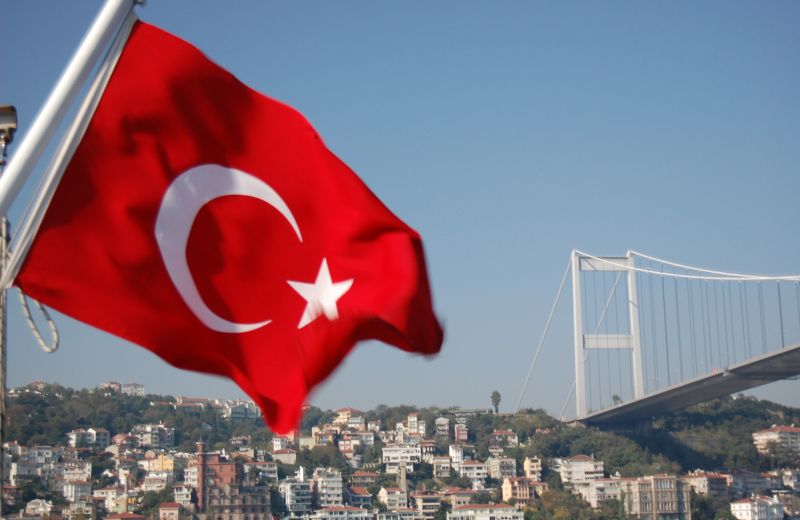 Policy Papers and Reports
/ Israel and the East Mediterranean
Policy Papers and Reports
/ Israel and the East Mediterranean
In October 2018, the Mitvim Institute held its annual Israel-Turkey policy dialogue, for the seventh consecutive year. The dialogue took place in Istanbul, in cooperation with Friedrich-Ebert-Stiftung, and was participated by Dr. Nimrod Goren, Dr. Roee Kibrik and Arik Segal of the Mitvim Institute. The policy dialogue included a series of meetings and discussions, with Turkish scholars, journalists, former diplomats, and civil society activists. It focused on Israel-Turkey relations, in light of the current crisis in ties, and on Turkey’s foreign policy in the Middle East. The policy dialogue aimed at helping improve Israel-Turkey relations, by enabling experts from both countries to exchange views on regional developments, to identify opportunities for better bilateral relations, and to increase cooperation between researchers and policy analysts from both countries.
Throughout the dialogue, there was a sense that Turkey and Israel can find a way to overcome their current crisis and to reinstate ambassadors. Nevertheless, such progress is not expected to lead to a significant breakthrough in the relations. The Turkish counterparts expressed hope that Israel and Turkey will resume talks on natural gas export from Israel; shared their concern over what they perceive as Israel’s support of the Kurds in northern Syria; and pointed out that Turkey and Iran should not be considered by Israel as allies, but rather as countries that cooperate at times regarding shared interest but are also competing with each other and adhering to different ideologies and beliefs. The dialogue also emphasized the importance attributed in Turkey to Jewish community in the US, and to the impact it has on the American discourse towards Turkey as well as on US policy towards the Middle East.
This paper highlights key insights from the meetings and discussions that took place throughout the policy dialogue. It does not reflect consensus among all participants


